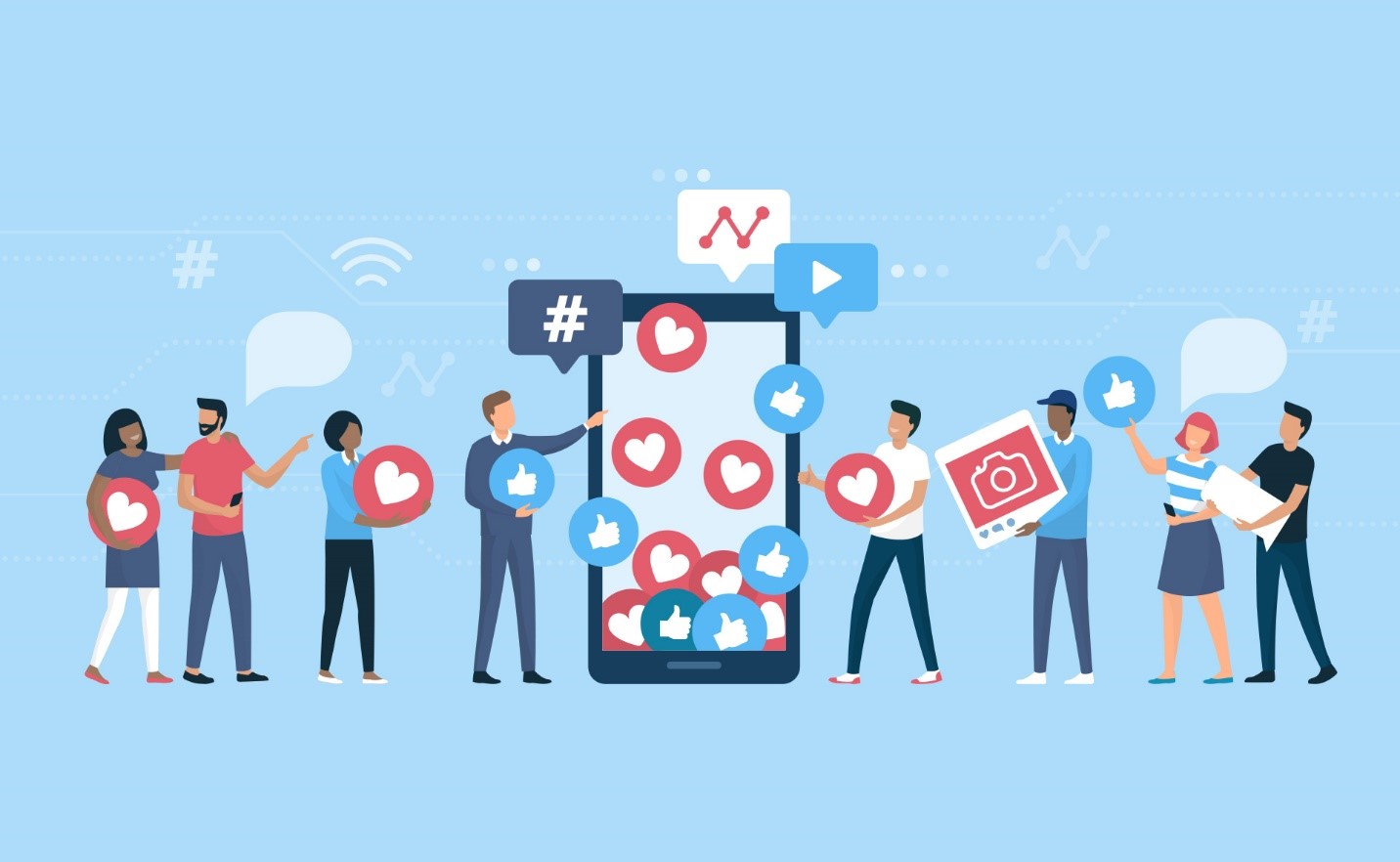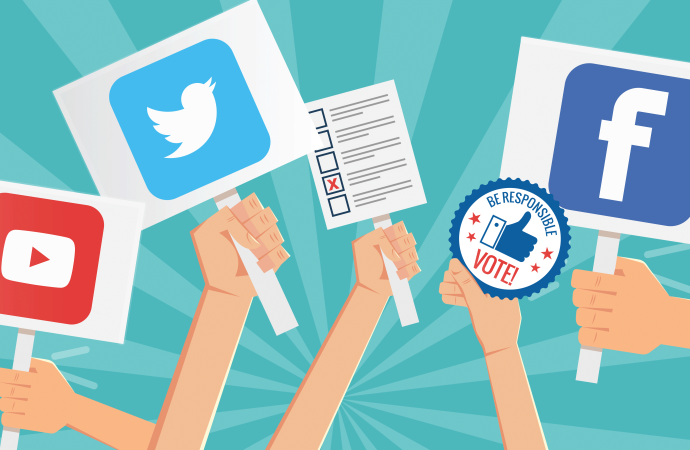In the digital age, social media has become an indispensable tool for communication, information dissemination, and community building. Beyond its recreational and commercial uses, social media serves as a powerful platform for promoting social causes. From raising awareness about critical issues to mobilizing support and driving real-world change, social media’s impact on social causes is
In the digital age, social media has become an indispensable tool for communication, information dissemination, and community building. Beyond its recreational and commercial uses, social media serves as a powerful platform for promoting social causes. From raising awareness about critical issues to mobilizing support and driving real-world change, social media’s impact on social causes is both profound and multifaceted. This article delves into the various ways social media is instrumental in advancing social causes, highlighting its benefits and challenges.
Awareness and Education
One of the most significant roles of social media in promoting social causes is its ability to raise awareness. Platforms like Facebook, Twitter, Instagram, and TikTok have billions of users worldwide, providing an unparalleled reach. Organizations and individuals can share information about social issues, from climate change and human rights to mental health and racial equality, reaching audiences that traditional media might miss.
Social media’s visual and interactive nature enhances its educational potential. Infographics, videos, and live streams can break down complex issues into digestible content, making it easier for people to understand and engage with the cause. For instance, the #BlackLivesMatter movement gained global traction through powerful visuals and personal testimonies shared across various platforms, educating millions about systemic racism and police brutality.
Mobilization and Action
Beyond awareness, social media excels in mobilizing people to take action. Hashtags, viral challenges, and online petitions can galvanize communities and prompt collective action. The #MeToo movement, for example, started as a hashtag on Twitter and quickly evolved into a global campaign against sexual harassment and assault. Social media enabled survivors to share their stories, creating a sense of solidarity and urgency that translated into legislative changes and corporate policy reforms.
Crowdfunding platforms integrated with social media, such as GoFundMe and Kickstarter, have also revolutionized fundraising for social causes. By sharing campaigns on social media, individuals and organizations can reach potential donors far beyond their immediate network. This democratization of fundraising has enabled grassroots movements and smaller non-profits to thrive, often surpassing their financial goals thanks to the viral nature of social media.

Picture by: Yandex.com
Community Building and Support Networks
Social media fosters the creation of online communities where individuals can connect over shared interests and causes. These virtual communities provide a space for support, discussion, and collaboration. For example, Facebook groups dedicated to mental health offer a safe space for individuals to share their experiences, seek advice, and find comfort in knowing they are not alone.
These online communities can also serve as incubators for activism. Members can collaborate on projects, share resources, and organize events, both online and offline. The Arab Spring is a notable example, where social media platforms like Twitter and Facebook were used to organize protests and share real-time information, playing a crucial role in the political uprisings across the Middle East and North Africa.
Amplifying Marginalized Voices
Social media has democratized the flow of information, allowing marginalized voices to be heard. Traditional media often overlooks or misrepresents certain groups, but social media provides a platform for these communities to share their stories and perspectives. Indigenous activists, LGBTQ+ advocates, and disability rights campaigners, among others, have utilized social media to highlight issues affecting their communities and advocate for change.
For instance, the #NoDAPL (No Dakota Access Pipeline) movement gained international attention through social media, bringing to light the environmental and cultural impacts of the pipeline on Indigenous lands. Social media enabled activists to bypass traditional media gatekeepers, directly reaching a global audience and garnering widespread support.
Challenges and Ethical Considerations
While social media offers numerous benefits for promoting social causes, it is not without challenges. The spread of misinformation and fake news can undermine legitimate campaigns and create confusion. Activists and organizations must be vigilant in fact-checking and ensuring the accuracy of the information they share.
Moreover, the algorithms that govern social media platforms can create echo chambers, where users are primarily exposed to content that aligns with their existing beliefs. This can hinder meaningful dialogue and limit the reach of social causes to diverse audiences. Activists must find ways to break through these echo chambers and engage with a broader audience.
Privacy and security are also critical concerns. Activists, especially those operating in repressive regimes, risk surveillance and retaliation. Social media platforms must prioritize the safety of their users, implementing robust security measures and protecting the anonymity of those who need it.
Conclusion
Social media has undeniably transformed the landscape of social activism. Its ability to raise awareness, mobilize action, build communities, and amplify marginalized voices makes it a powerful tool for promoting social causes. However, activists and organizations must navigate the challenges of misinformation, echo chambers, and security risks to harness its full potential effectively.
As social media continues to evolve, its role in promoting social causes will undoubtedly grow. By leveraging the unique capabilities of these platforms, we can drive meaningful change and create a more informed, engaged, and equitable society.
















